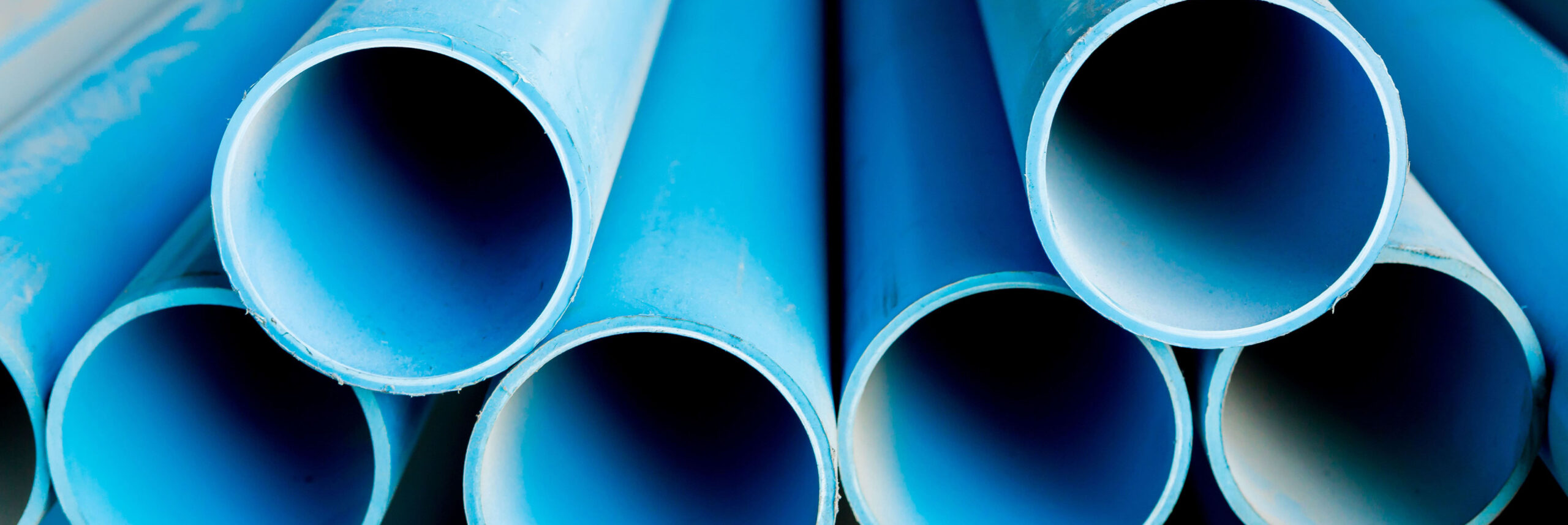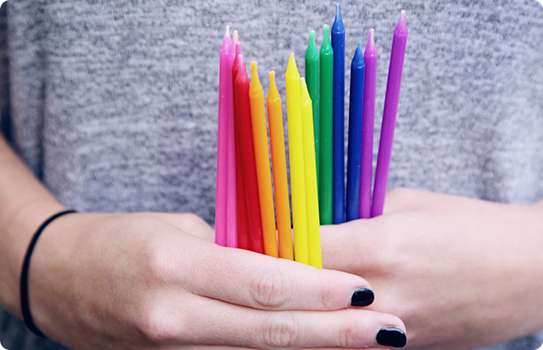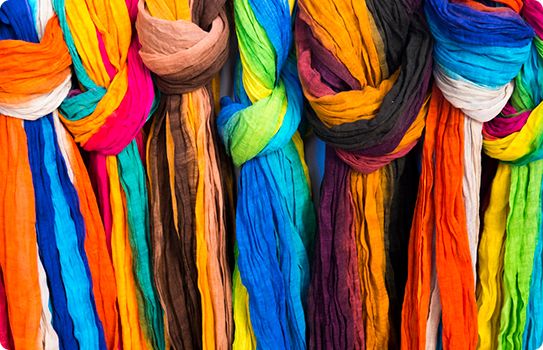
PLASTIC APPLICATIONS AND OUTLETS
Appropriately selected WAXOLINE® polymer-soluble dyes give excellent all-round performance in: PS (Polystyrene), SAN, ABS, PMMA, PC, PETP and PETB, POM, unplasticised PVC and PPO. WAXOLINE® solvent dyes contribute resistances (strengths) against different phenomena that affect dye’s performance.
- Light fastness: persistence of a colour after having received a certain amount of UV radiation.
- Chemical fastness: colour resistance in chemically aggressive environments (acidic or basic).
- Heat fastness: colour resistance to temperature, mainly during processing.
- Migration fastness: migration of pigment.
PVC (Polyvinyl Chloride)
What is PVC?
Polystyrene (PS) PVC or Polyvinyl Chloride is a plastic material formed by vinyl chloride monomers:

Its composition, with a higher percentage of common salt (chlorine) than petroleum (ethylene), gives it unique properties.
In addition, its thermoplastic capacity allows it to be molded into infinite shapes or welded when subjected to a given temperature.
What are the Characteristics of Polyvinyl Chloride (PVC)?
- Hardness, strength.
- Ease of mixing & processing
- Fire resistance and fire prevention properties
Applications of Polyvinyl Chloride
After polyethylene (PE), PVC is the most widely used plastic in the world and its countless applications are present in our daily lives in the most varied forms: car parts, water or milk bottles, pipes, toys, indoor and outdoor flooring, windows, furniture, hoses, doors, etc.
Advantages of Polyvinyl Chloride
PVC is difficult to ignite and in the absence of an external flammable factor will not continue to burn. This is due to the chloride component. This makes it ideal for construction and wiring material: PVC Pipes, PVC sheets, and go on.
What are the properties of Polyvinyl Chloride (PVC)?
Beyond its insulating properties and versatility, PVC is recognized for its durability.
- It is compatible with other additives that can provide clarity or color to PVC, stiffness, or flexibility, etc.
- Excellent electrical insulation properties
- Impact strength and resistance to bad weather conditions, suitable for use as a building material
- Resistance to fats, oils and chemicals
- Chemically stable and does not depolymerize



